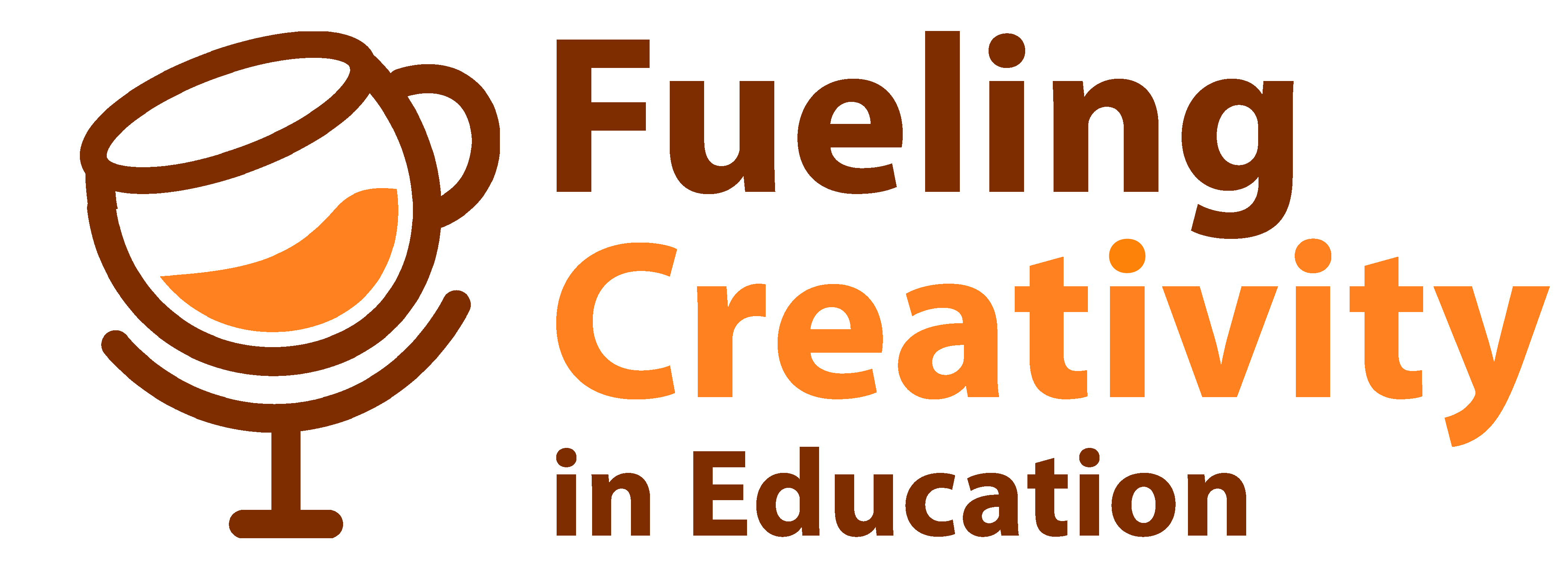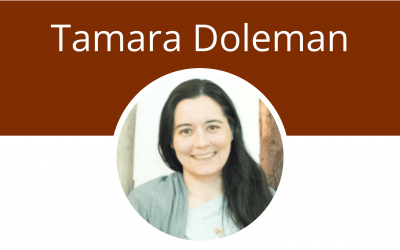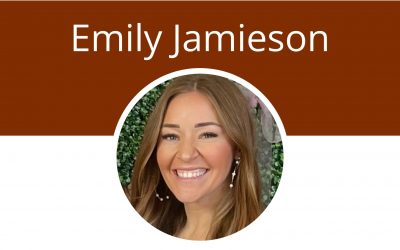Season 2, Episode 5
How STEM can help students to think for tomorrow
– Jonathan Nalder
Episode Transcription
Teaching students to think for tomorrow with Jonathan Nalder
What does the future of creativity and innovation look like and how do we get students involved?
In this episode of Fueling Creativity, Dr. Cyndi Burnett and Dr. Matthew Worwood speak with Jonathan Nalder, a globally awarded innovator in education and Chief Futures Officer at STEM Punks, about the best practices for integrating digital tools and forward thinking in learning environments.
Listen in as Jonathan shares his thoughts on why future trends are important in education, how STEM is connected to creativity, and the trends you can expect in education in the next 10-15 years.
They also discuss the role of empathy in design thinking, how he and STEM Punks are preparing students to work in collaboration with machines and AI, and the strategies he uses in project-based learning environments to get students thinking about potential human problems of the future. Then, he sheds light on his program, First School on Mars; and how it has grown over the years.
Jonathan’s Tips for Parents & Teachers:
- Make time for exploring in the classroom and give your students agency within that.
- Bring physical props into the classroom.
- Think about human relationships in relation to technology.
- Visit FutureWe.org and STEMPunks.com.au to gain access to powerful resources and become a part of our community!
About the Guest
Connect with Jonathan:
Connect with him on LinkedIn: www.linkedin.com/in/jonathannalder
Episode Debrief
Collection Episodes
Integrating Creativity in Arts Education
In this episode of Fueling Creativity, Dr. Cyndi Burnett and Dr. Matthew Worwood speak with Tamara Doleman, head of the Visual Art department at Ashbury College in Canada. Tamara has a Master’s degree in creativity and has coached individuals, run workshops, written articles, and presented a TEDX talk on the topic of creativity in schools. She’s passionate about exploring the intersection between art, creativity, wellbeing, and the growth and healing potential it can provide our communities and schools.
Imaginative, Empathetic Classrooms for Teaching Creativity
Season 11, Episode 4 Imaginative, Empathetic Classrooms for Teaching Creativity "There's this splatter painting on this rollpaper. And it's just nobody is working on what I had outlined. Not one person. They're all working on this huge, gigantic mural." - Jason...
Creative Teaching Through Writing: Building Classroom Community
Season 11, Episode 2 Creative Teaching Through Writing: Building Classroom Community"So I really like encouraging kids to kind of connect with nature. One of the things that we actually did on Earth Day this year, and it might be part like, I'm. My birthday is...
Podcast Sponsor

We are thrilled to partner with Curiosity 2 Create as our sponsor, a company that shares our commitment to fostering creativity in education. Curiosity 2 Create empowers educators through professional development and community support, helping them integrate interactive, creative thinking approaches into their classrooms. By moving beyond traditional lecture-based methods, they help teachers create dynamic learning environments that enhance student engagement, improve academic performance, and support teacher retention. With a focus on collaborative learning and exploration, Curiosity 2 Create is transforming classrooms into spaces where students thrive through continuous engagement and growth.








